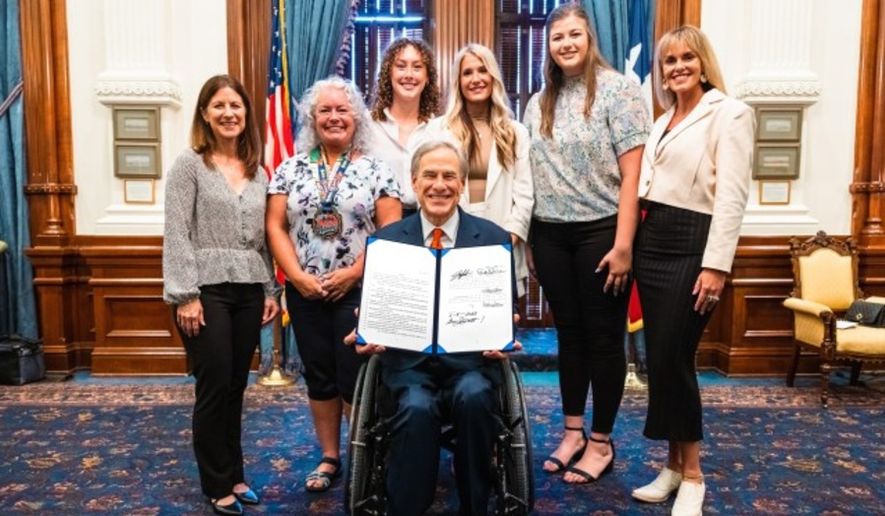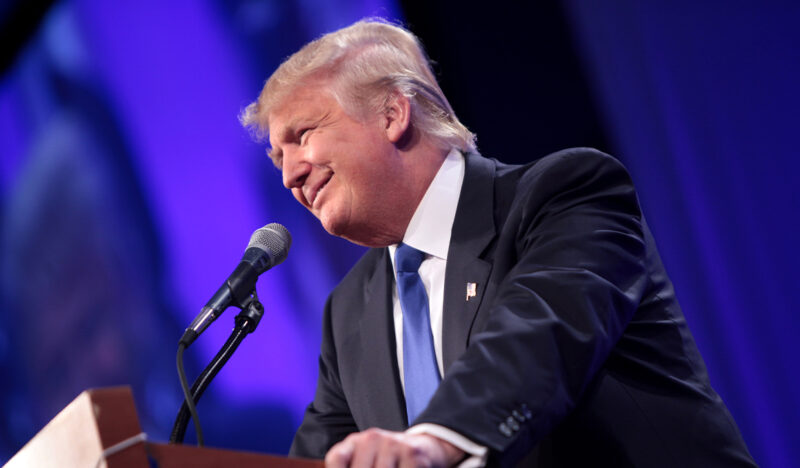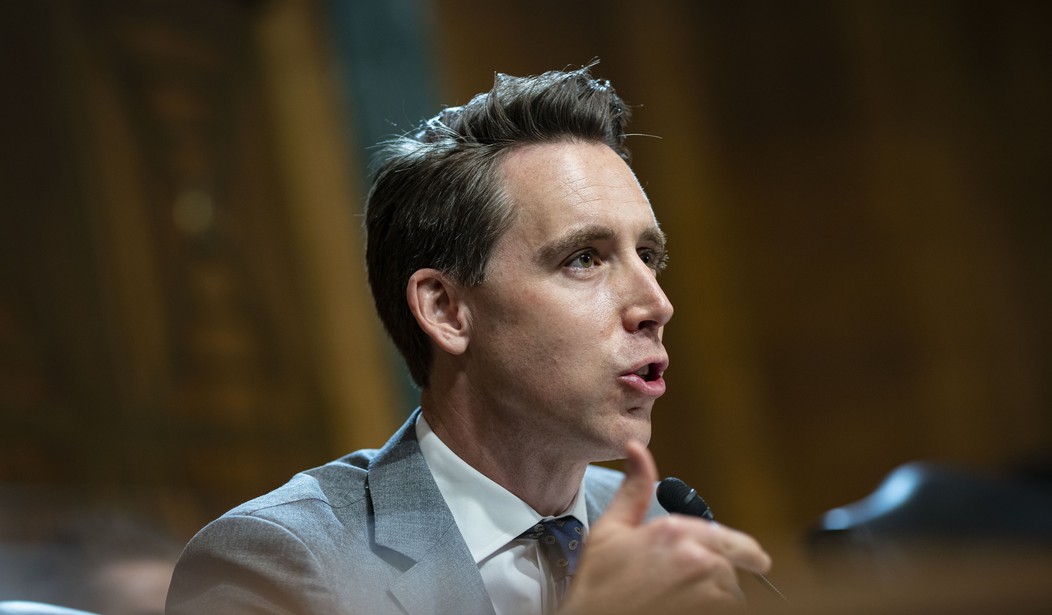Minnesota stops enforcing law excluding religious colleges from free enrollment program

Minnesota has agreed to stop enforcing its law that bars religious universities from participating in a state program allowing high school students to earn free college credits .
Gov. Tim Walz (D-MN) and Education Commissioner Willie Jett are being sued by Christian parents and two Christian universities over the law they deem to be discriminatory. The groups are being represented by the Becket Fund for Religious Liberty, which challenged the law at the end of May.
Minnesota has halted enforcement as the lawsuit makes its way through federal court.
“It’s not every day that a state asks a federal court to tie its hands to prevent it from enforcing its own anti-religious law–but Minnesota has done just that,” Becket senior counsel Diana Thomson said in a press release. “As this effort to walk back demonstrates, the state didn’t do its homework before it passed this unconstitutional law. The next step is for the court to strike down this ban for good.”
|
The Minnesota law changed the eligibility definition for its Post Secondary Enrollment Options program, which had previously allowed faith-based institutions to participate when the 1985 program began.
However, on May 24, the state began barring faith-based institutions from the program, prompting parents Mark and Melinda Loe and Dawn Erickson, as well as schools Crown College and University of Northwestern – St. Paul to sue.
“We are glad that Minnesota has agreed not to punish our children and many students like them for wanting to learn at schools that reflect their values,” the Loes, who have PSEO funds for their children, said. “They should be able to pursue the same great opportunities as all other students in the state without politicians in St. Paul getting in the way. We hope the court will eventually strike this law down for good and protect all religious students and the schools they want to attend.”
The Supreme Court has struck down similar restrictions before, including in Carson v. Makin, in which the high court ruled Maine could not discriminate against religious schools in its tuition assistance program.
As a way to circumvent the decision in Carson, Maine decided to amend its law saying religious schools could not discriminate against other religions in their profession of faith — prompting a fresh legal challenge.









No Comments